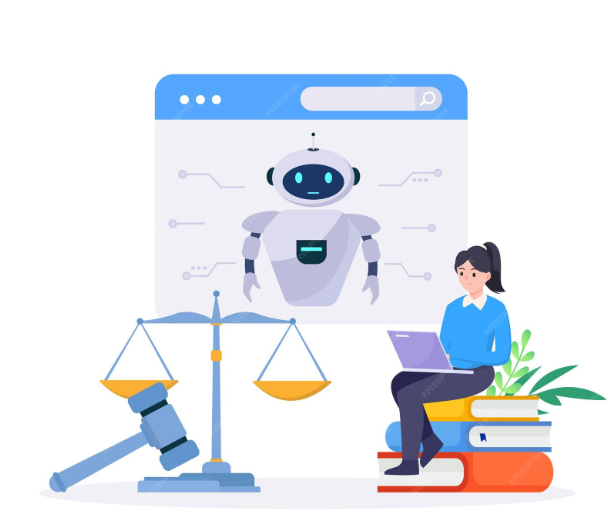Exploring The Most Accurate AI Legal Software – Which Assistant Truly Delivers?
In the legal profession, speed and precision are highly important. Today, solo practitioners and law firms are increasingly turning to AI-powered solutions. However, unfortunately, not all AI legal assistant software is equally created. With an increasing number of options available on the market, most legal firms and individual attorneys think about how to determine the best.

In this blog post, we are exploring the most accurate AI legal software programs. Also, you can gain insights on what makes them stand out and how they are revolutionizing the way attorneys work:
What Makes an AI Legal Assistant Accurate?
Accuracy in legal software is not just about finding appropriate cases. It is all about offering up-to-date, jurisdiction-specific, and cited outcomes. A high-performing AI legal assistant should:
- Comprehend the intent and context behind hard-to-understand legal queries.
- Provide citations with every output
- Stay up-to-date with everyday legal development and docket changes
- Reference verified legal sources like government filings, statutes, and court rulings.
Here are the names of a few top contenders providing AI legal Assistant Software:
Top Accurate AI Legal Software in 2025
OpenCase
OpenCase is quickly gaining attention as a dependable AI legal assistant platform. The reason is its research-grade accuracy. The platform ingests everyday official databases like the Federal Register and PACER. Also, it gathers information from daily court filings and dockets.
OpenCase’s AI is trained on databases from the Legal Information Institute, or LII. This ensures that the AI assistant delivers quick answers by gathering information from real legal documents.
OpenCase offers full citations. In turn, lawyers can trace every response back to its sources. It is a preferred tool for litigators and legal researchers looking for precision without any fluff.
Casetext CoCounsel
Casetext’s AI Legal Assistant named CoCounsel uses GPT models from OpenAI. However, it adds a lega-specific layer. It aids with researching, reviewing, and drafting legal documents, providing a balance between dependability and automation.
The unique feature of this platform is its ability to spot risks and inconsistencies in legal documents. This feature makes this platform useful for transactional law as well.
Harvey AI
This platform has been designed for large law firms. It is known for its enterprise-grade integration with platforms like Thomson Reuters and Microsoft. It shines in document reviews, eDiscovery tasks, and contract evaluation.
The strength of this platform lies in its ability to handle a huge volume of legal data. Also, it maintains contextual understanding, though access may be restricted to enterprise clients.
When it comes to selecting an AI legal assistant platform, you can look for features like jurisdiction scope, update frequency, source transparency, and use case fit.
Remember that selecting the right AI legal assistant can save hours of research. Also, it will improve your professional performance by improving accuracy in filings. In turn, it will give you a competitive edge in your legal practice.
Comments